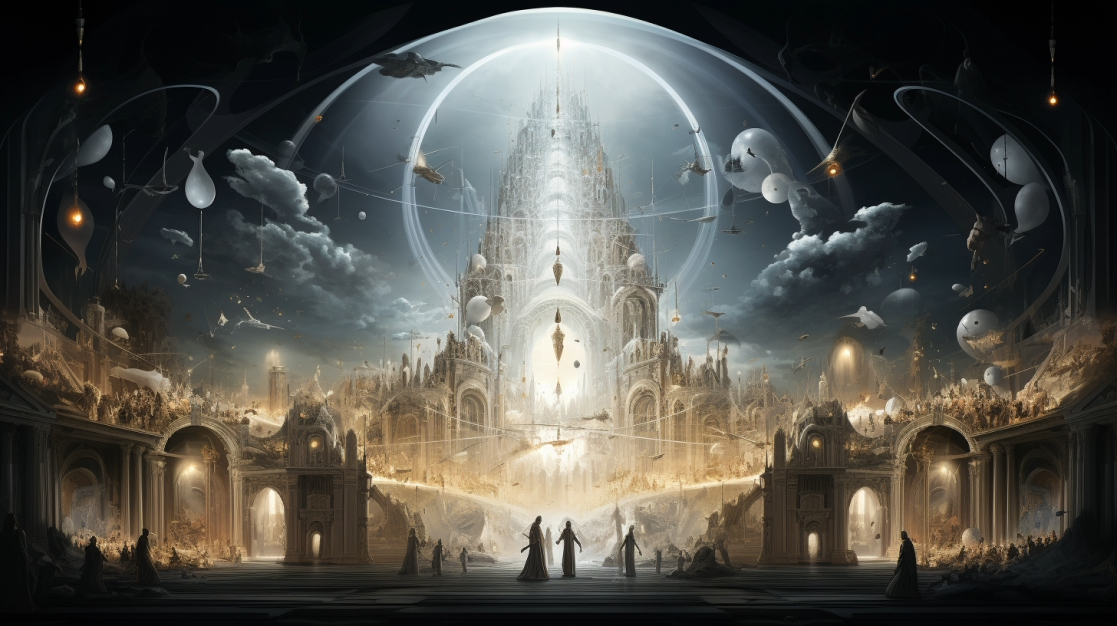Religion has always played a significant role in shaping cultures and societies. It encompasses a wide range of beliefs, traditions, and practices that vary greatly across different regions and civilizations.
In this article, we will delve into the fascinating world of religious belief systems, exploring their diversity, significance, and impact on society. From the ancient civilizations of Mesopotamia and China to the rich religious tapestry of India and America, we will examine how religious beliefs shape our identities and influence our lives.
Religion serves as a spiritual compass for many, offering guidance, comfort, and a sense of purpose
However, each religious belief system has its unique set of teachings, rituals, and practices. Whether it’s the elaborate ceremonies of Hinduism in India or the ancient rituals of Mesopotamian polytheism, each religion offers followers a way to connect with the divine. By understanding the intricacies of these diverse belief systems, we can gain a deeper appreciation for the richness and complexity of human spirituality.
India, known for its multicultural society, boasts a myriad of religious beliefs and practices
Hinduism, with its rich tapestry of gods and goddesses, rituals, and philosophies, holds a prominent position. Additionally, Islam, Christianity, Sikhism, Buddhism, and Jainism have found their foothold in Indian society. These religions not only coexist but also influence and shape Indian culture in various ways. Exploring the religious landscape of India provides us with a lens into the harmonious coexistence of diverse belief systems.
Mesopotamia, one of the cradles of civilization, harbored a multitude of religious beliefs.
From the polytheistic pantheon of gods and goddesses to the concept of divine kingship, the religious beliefs of this ancient civilization offer valuable insights into the human quest for meaning and purpose. The rituals and ceremonies performed by the Mesopotamians reflect their close connection to the divine and their desire to maintain a harmonious relationship with the gods.
The religious beliefs in ancient China were deeply intertwined with philosophical teachings, such as Confucianism and Taoism. These belief systems emphasized ethics, harmony, and the pursuit of inner peace. While Confucianism focused on social order and moral values, Taoism explored the connection between humanity and nature. These religious philosophies continue to shape Chinese culture and society, even in modern times.
Religious beliefs have played a crucial role in shaping the cultural fabric of the United States.
From the early Puritan settlers who sought religious freedom to the diverse array of religious practices exhibited today, religion has had a profound impact on American society. Whether it’s the Judeo-Christian values that influenced the formation of the nation or the spiritual practices of various immigrant communities, religious beliefs continue to shape American identity and values.
Religious beliefs are an integral part of human civilization, shaping our traditions, values, and societal norms. The diversity and richness of religious belief systems allow us to understand the multifaceted nature of human spirituality. By exploring different religious traditions, we can foster a greater sense of empathy, understanding, and respect for our fellow human beings. So, let us embrace the beauty of diversity and continue to explore the vast realm of religious beliefs.

